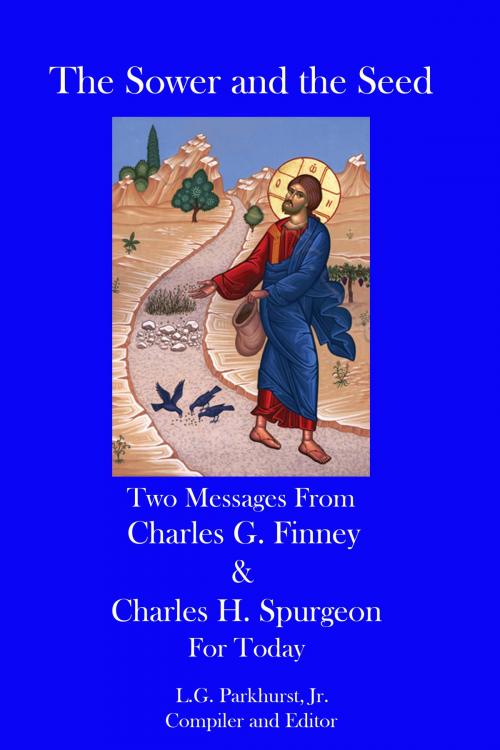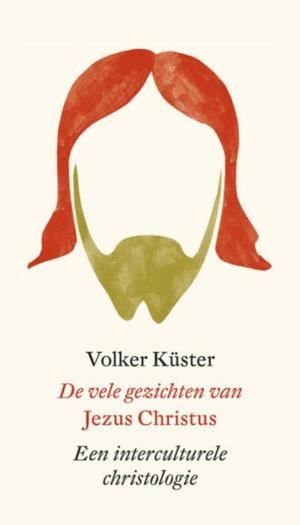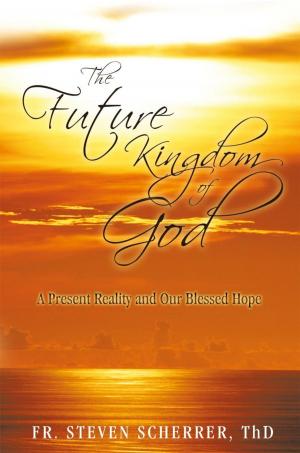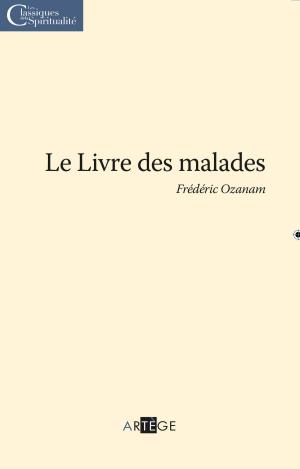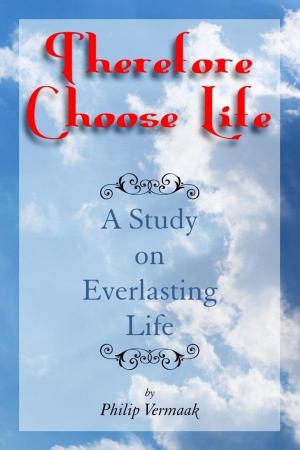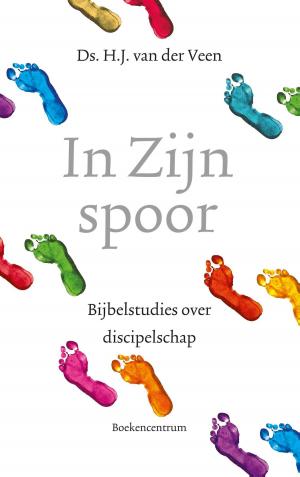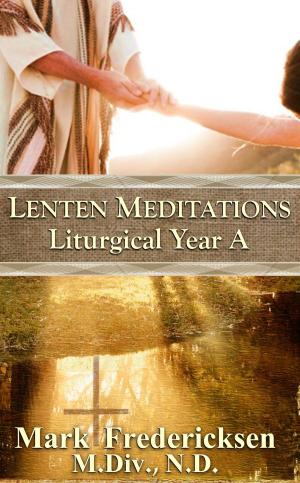The Sower and the Seed: Two Messages from Charles G. Finney and Charles H. Spurgeon for Today
Nonfiction, Religion & Spirituality, Christianity, Christian Sermons, Health & Well Being, Self Help, Meditations| Author: | L.G. Parkhurst | ISBN: | 9781310968976 |
| Publisher: | Agion Press | Publication: | November 19, 2014 |
| Imprint: | Smashwords Edition | Language: | English |
| Author: | L.G. Parkhurst |
| ISBN: | 9781310968976 |
| Publisher: | Agion Press |
| Publication: | November 19, 2014 |
| Imprint: | Smashwords Edition |
| Language: | English |
In The Sower and the Seed, Charles G. Finney and Charles H. Spurgeon explain the parable of Jesus on the sower and the soils upon which he sowed his seed. Both the student of the Bible and the student of great preaching will gain much from these two masters of the pulpit and Bible interpretation. The two sermons by Finney and Spurgeon included in The Sower and the Seed have been only lightly edited by L.G. Parkhurst in order to put them in the same format for easy reading by today's reader, Bible student, and Bible teacher. The messages of both remain unchanged for your comparison and study of the technique and method of these two acclaimed and effective preachers of God's Word. The first book in the Finney and Spurgeon series is The Rich Man and Lazarus.
Charles Grandison Finney [1792-1875] has been considered America’s Greatest Revivalist. He also served as theological professor and president of Oberlin College, Oberlin, Ohio, which he helped found in 1833. In 1980, L.G. Parkhurst began publishing the works of Charles Finney beginning with Principles of Prayer through Bethany House Publishers. More recently he has published Finney’s works through Agion Press, beginning with Principles of Righteousness and now is the Finney and Spurgeon series.
Charles Haddon Spurgeon [1834-1892] has been considered the Prince of Preachers. He founded Spurgeon’s College in 1856 in London, England, which was named after him following his death. Through Bethany House Publishers in 1988, L.G. Parkhurst published The Believer’s Secret on Intercession, a devotional from the writings of Andrew Murray and C.H. Spurgeon.
The Sower and the Seed Parable from Luke 8:4-18
And when much people were gathered together, and were come to him out of every city, he spake by a parable: 5) A sower went out to sow his seed: and as he sowed, some fell by the way side; and it was trodden down, and the fowls of the air devoured it. 6) And some fell upon a rock; and as soon as it was sprung up, it withered away, because it lacked moisture. 7) And some fell among thorns; and the thorns sprang up with it, and choked it. 8) And other fell on good ground, and sprang up, and bare fruit an hundredfold. And when he had said these things, he cried, He that hath ears to hear, let him hear. 9) And his disciples asked him, saying, What might this parable be? 10) And he said, Unto you it is given to know the mysteries of the kingdom of God: but to others in parables; that seeing they might not see, and hearing they might not understand. 11) Now the parable is this: The seed is the word of God. 12) Those by the way side are they that hear; then cometh the devil, and taketh away the word out of their hearts, lest they should believe and be saved. 13) They on the rock are they, which, when they hear, receive the word with joy; and these have no root, which for a while believe, and in time of temptation fall away. 14) And that which fell among thorns are they, which, when they have heard, go forth, and are choked with cares and riches and pleasures of this life, and bring no fruit to perfection. 15) But that on the good ground are they, which in an honest and good heart, having heard the word, keep it, and bring forth fruit with patience. 16) No man, when he hath lighted a candle, covereth it with a vessel, or putteth it under a bed; but setteth it on a candlestick, that they which enter in may see the light. 17) For nothing is secret, that shall not be made manifest; neither any thing hid, that shall not be known and come abroad. 18) Take heed therefore how ye hear: for whosoever hath, to him shall be given; and whosoever hath not, from him shall be taken even that which he seemeth to have.
In The Sower and the Seed, Charles G. Finney and Charles H. Spurgeon explain the parable of Jesus on the sower and the soils upon which he sowed his seed. Both the student of the Bible and the student of great preaching will gain much from these two masters of the pulpit and Bible interpretation. The two sermons by Finney and Spurgeon included in The Sower and the Seed have been only lightly edited by L.G. Parkhurst in order to put them in the same format for easy reading by today's reader, Bible student, and Bible teacher. The messages of both remain unchanged for your comparison and study of the technique and method of these two acclaimed and effective preachers of God's Word. The first book in the Finney and Spurgeon series is The Rich Man and Lazarus.
Charles Grandison Finney [1792-1875] has been considered America’s Greatest Revivalist. He also served as theological professor and president of Oberlin College, Oberlin, Ohio, which he helped found in 1833. In 1980, L.G. Parkhurst began publishing the works of Charles Finney beginning with Principles of Prayer through Bethany House Publishers. More recently he has published Finney’s works through Agion Press, beginning with Principles of Righteousness and now is the Finney and Spurgeon series.
Charles Haddon Spurgeon [1834-1892] has been considered the Prince of Preachers. He founded Spurgeon’s College in 1856 in London, England, which was named after him following his death. Through Bethany House Publishers in 1988, L.G. Parkhurst published The Believer’s Secret on Intercession, a devotional from the writings of Andrew Murray and C.H. Spurgeon.
The Sower and the Seed Parable from Luke 8:4-18
And when much people were gathered together, and were come to him out of every city, he spake by a parable: 5) A sower went out to sow his seed: and as he sowed, some fell by the way side; and it was trodden down, and the fowls of the air devoured it. 6) And some fell upon a rock; and as soon as it was sprung up, it withered away, because it lacked moisture. 7) And some fell among thorns; and the thorns sprang up with it, and choked it. 8) And other fell on good ground, and sprang up, and bare fruit an hundredfold. And when he had said these things, he cried, He that hath ears to hear, let him hear. 9) And his disciples asked him, saying, What might this parable be? 10) And he said, Unto you it is given to know the mysteries of the kingdom of God: but to others in parables; that seeing they might not see, and hearing they might not understand. 11) Now the parable is this: The seed is the word of God. 12) Those by the way side are they that hear; then cometh the devil, and taketh away the word out of their hearts, lest they should believe and be saved. 13) They on the rock are they, which, when they hear, receive the word with joy; and these have no root, which for a while believe, and in time of temptation fall away. 14) And that which fell among thorns are they, which, when they have heard, go forth, and are choked with cares and riches and pleasures of this life, and bring no fruit to perfection. 15) But that on the good ground are they, which in an honest and good heart, having heard the word, keep it, and bring forth fruit with patience. 16) No man, when he hath lighted a candle, covereth it with a vessel, or putteth it under a bed; but setteth it on a candlestick, that they which enter in may see the light. 17) For nothing is secret, that shall not be made manifest; neither any thing hid, that shall not be known and come abroad. 18) Take heed therefore how ye hear: for whosoever hath, to him shall be given; and whosoever hath not, from him shall be taken even that which he seemeth to have.
